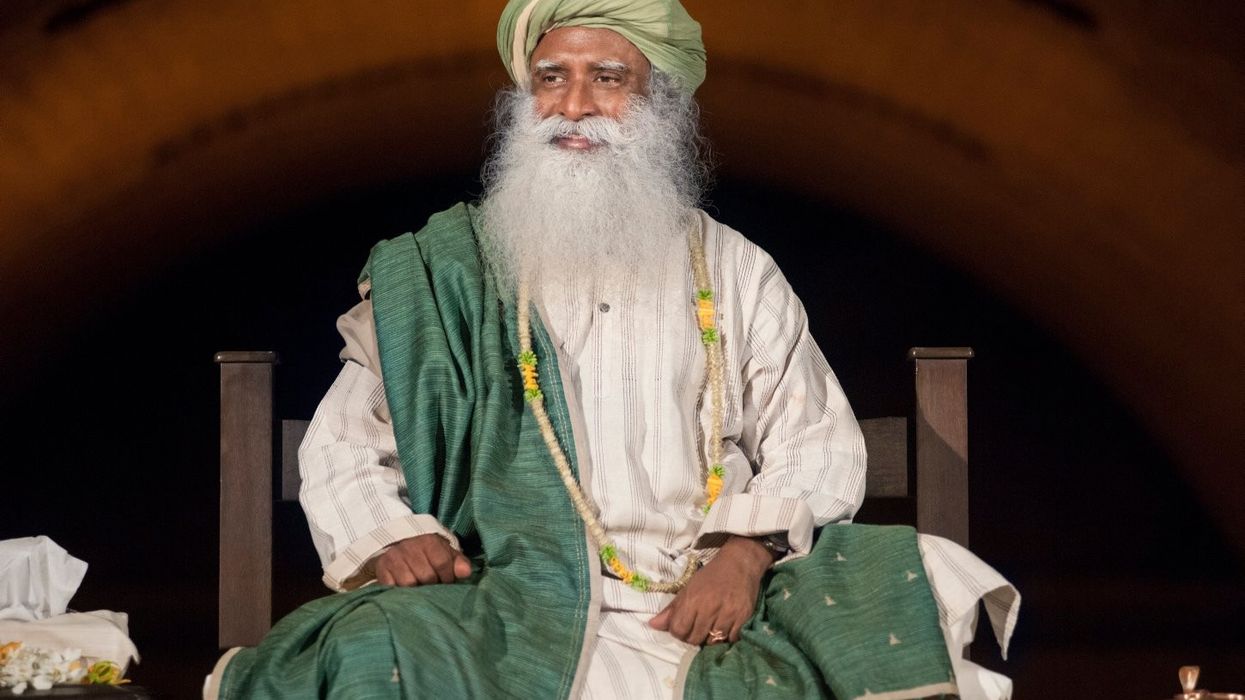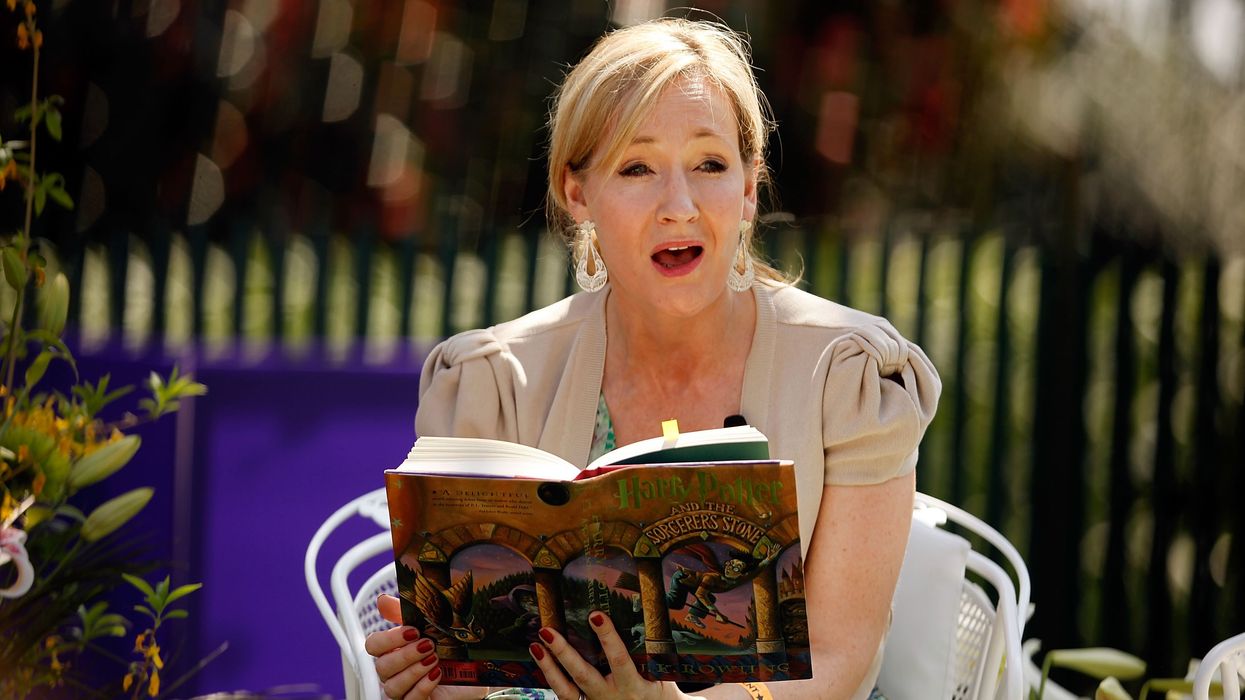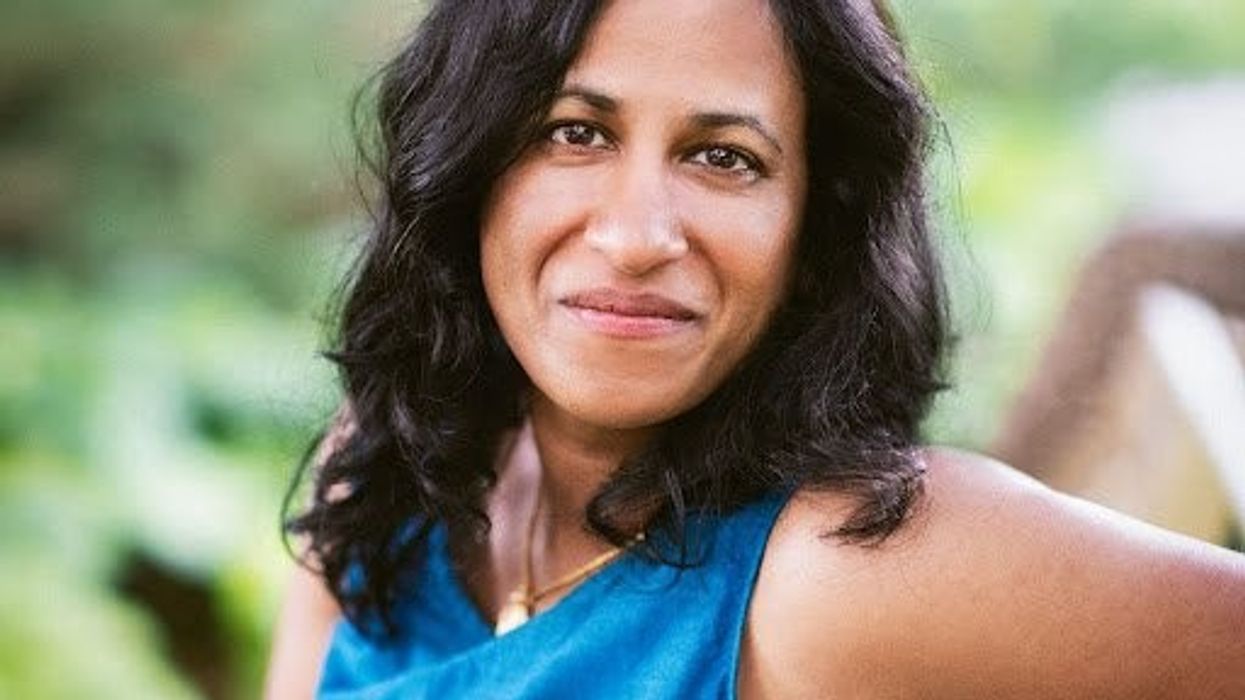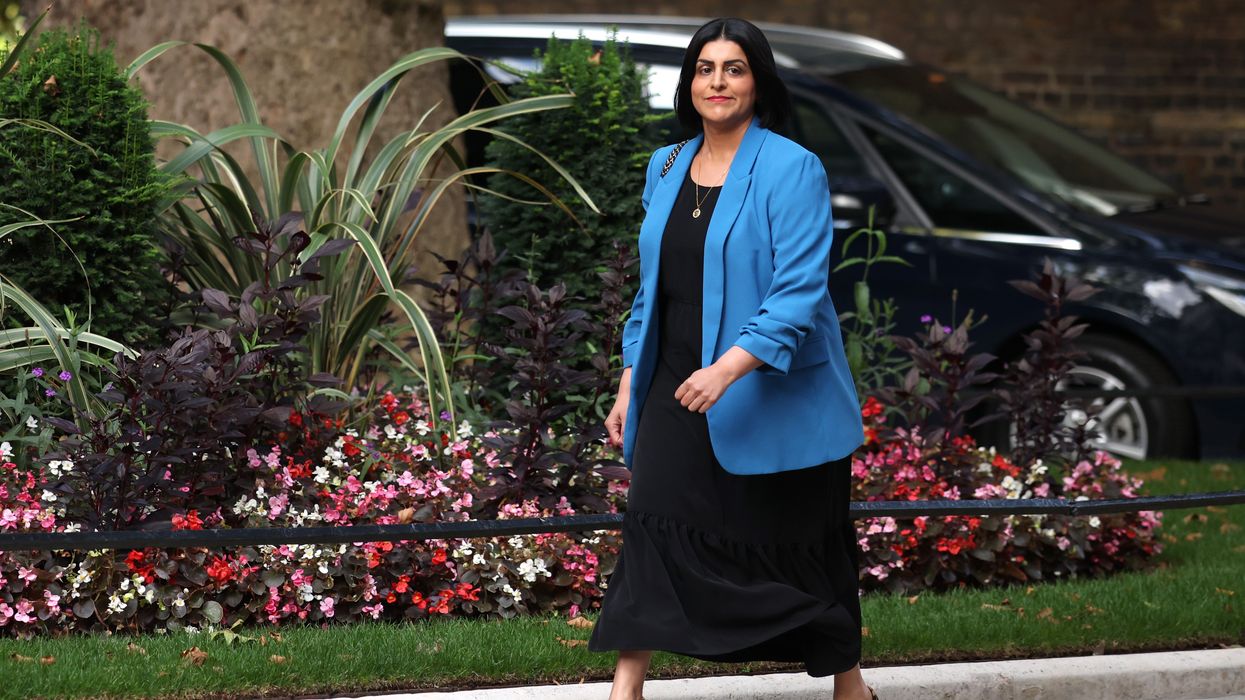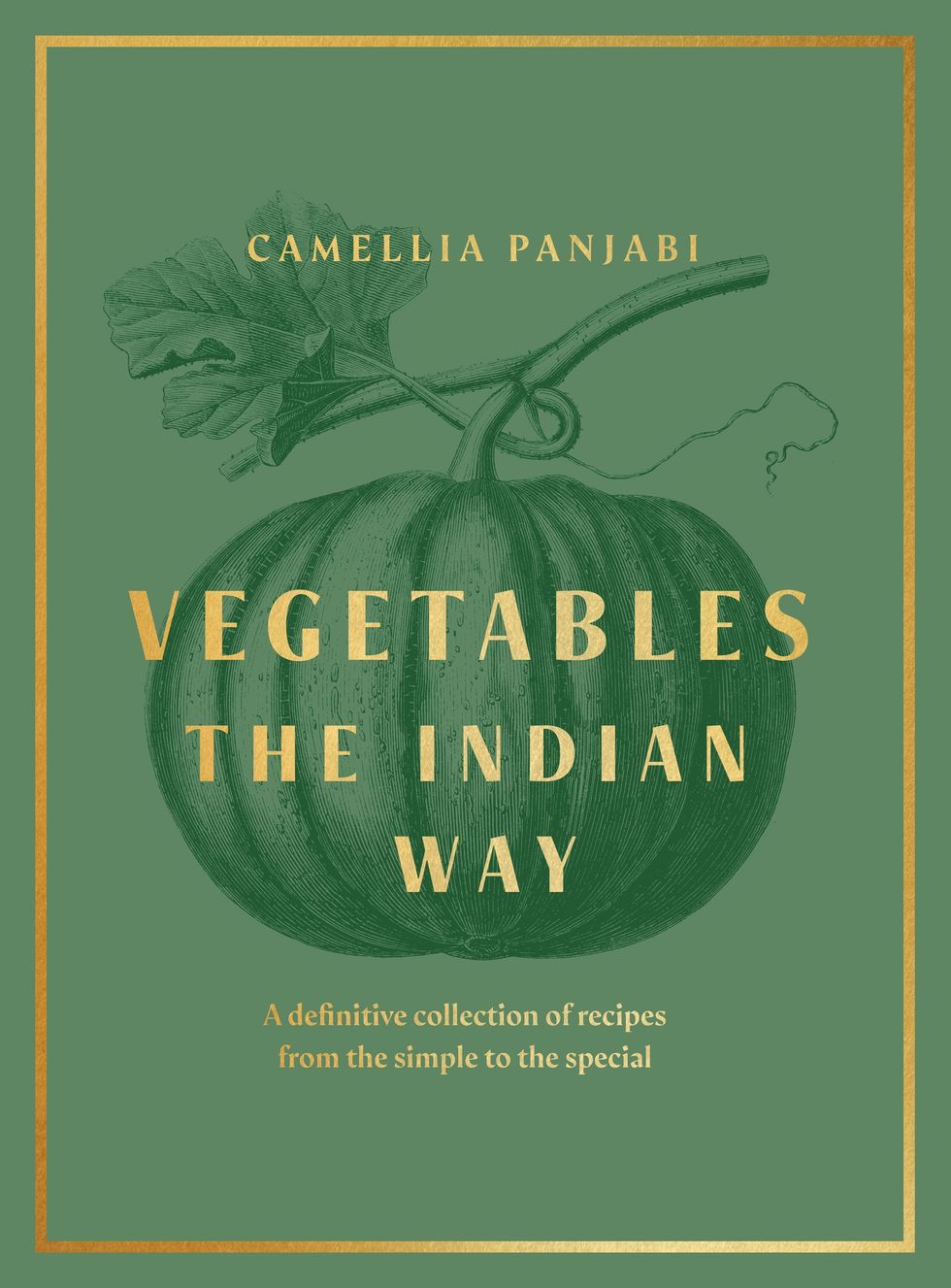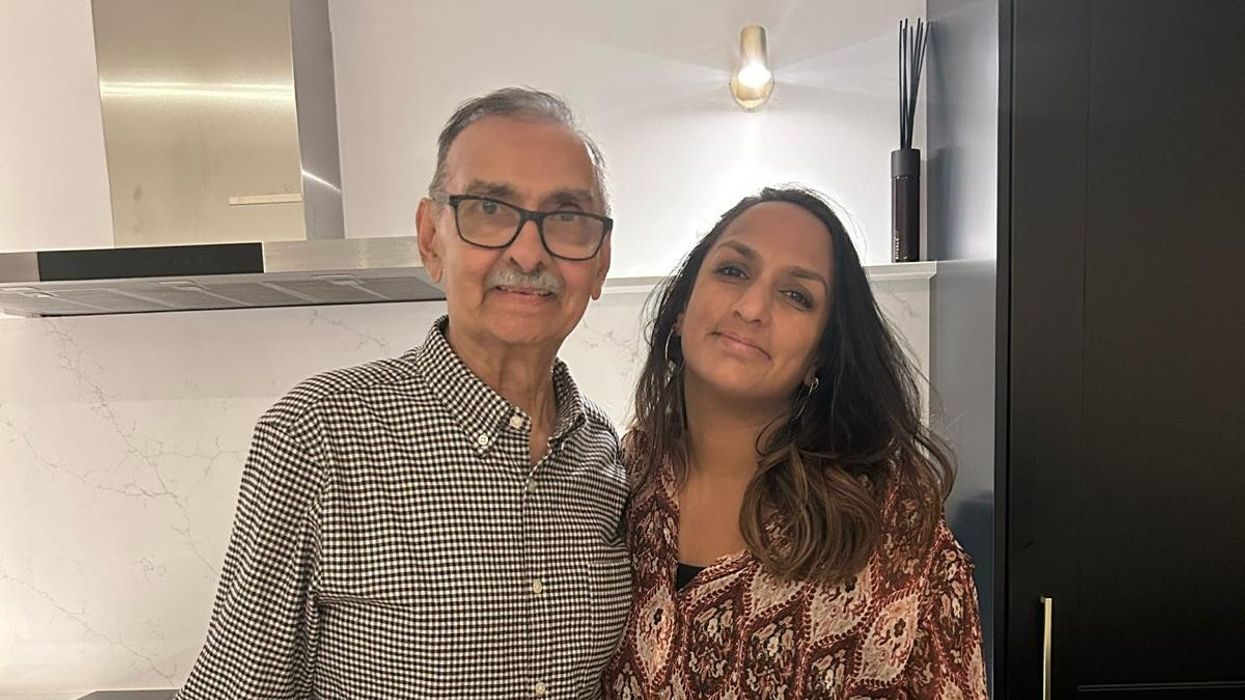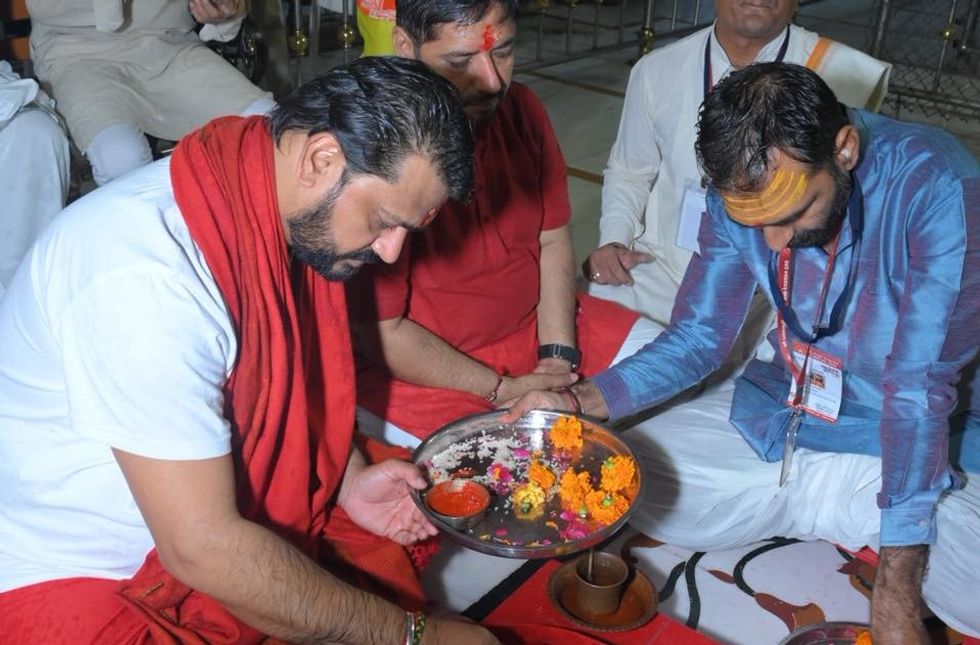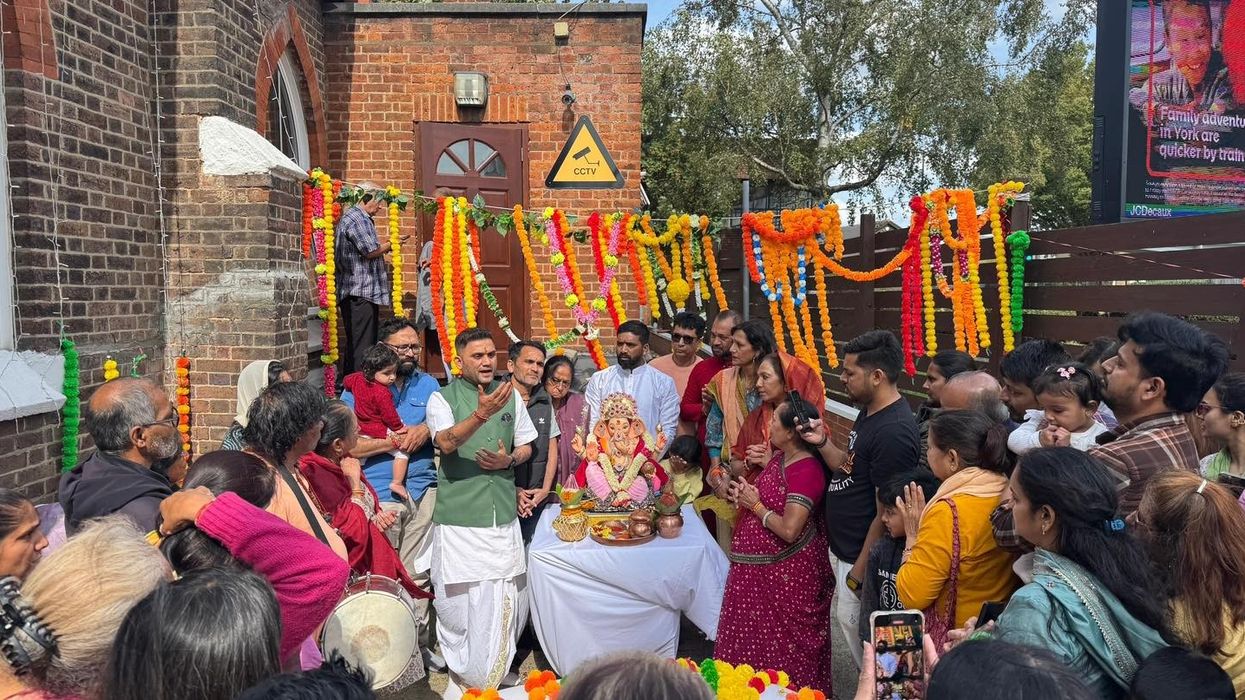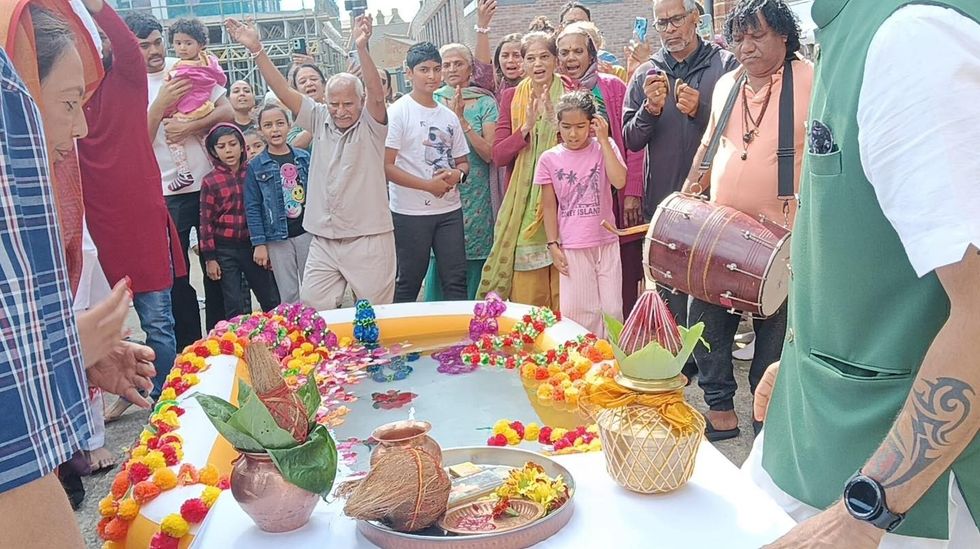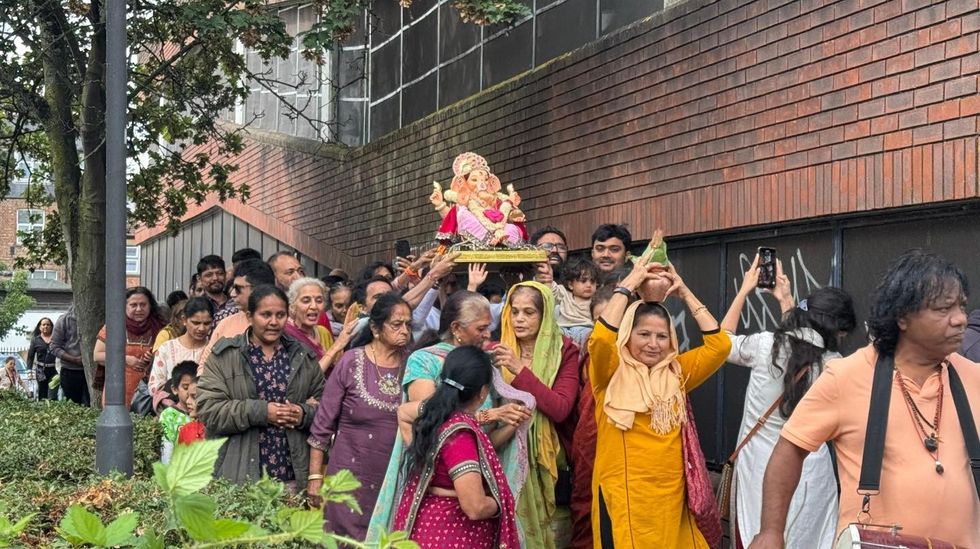PERSONAL trainer, wellness coach, media commentator, and author Lavina Mehta MBE has helped people of all ages get healthier across various platforms.
Her mission to improve mental and physical well-being has led to her winning multiple awards, writing a well-received book, and becoming an ambassador for several leading charities.
She is currently supporting the Alzheimer’s Society’s annual Memory Walk, which raises funds for the charity’s important work and research. The Memory Walk initiative also raise much-needed awareness about dementia and the support available.
There are 26 walks taking place across the UK between September and October, which health expert Mehta hopes will attract participants from all backgrounds.
She discussed the inspiring initiative with Eastern Eye and also spoke about her own health and fitness journey, her new book, and top wellness tips.
What first connected you to health and fitness?
It started when I was pregnant and was helping my mother with her book, Feel Good With Food. It gave me an in-depth understanding of the science behind food, antioxidants, and superfoods, which influenced my own vegetarian diet. After childbirth, I used this knowledge of food and nutrition, along with sporadic gym classes, to lose my pregnancy weight. Then, after hiring a personal trainer, I was introduced to weight training and saw how resistance training transformed my body and mind. That led me to gain my level 2 in fitness instructing and level 3 in personal training.
The cover of her book, The Feel Good FixYou were awarded an MBE for services to health and fitness in the 2020 Queen’s Honours list. You have been particularly passionate about helping the Asian community.
As a British Asian, I’m very passionate about promoting the health benefits of exercise to treat, prevent, and reduce the risks of chronic diseases such as type 2 diabetes and heart disease, which are prevalent in Asian communities. Just before Covid, I launched a national ‘Get UK Asians Fit’ campaign.
Then, when lockdown hit, I devoted my time to providing free, twice-daily virtual workouts to help all ages stay healthy and mentally positive.
I continue to offer free, virtual senior workout sessions with my 76-year-old mother-in-law, in both Gujarati and English. I’ve had participants of all ages join me, including someone aged 100, with Alzheimer’s.
What made you want to be an ambassador for Alzheimer’s Society?
My maternal grandmother was diagnosed with Alzheimer’s at the age of 87. Due to her needs, she was later moved to a care home and passed away in 2016 when she was 97. I witnessed her battle with Alzheimer’s for a decade. She lost her ability to communicate and speak in the last four years of her life. I used to sit with her, feed her, sing prayers to her, and brush her hair. It was very difficult for us to see the mother of our family struggle like this for so many years. She passed away peacefully seven years ago, but she lives with us forever. Alzheimer’s Society has enabled me to learn more about the risk factors for dementia and advocate the importance of exercise in helping to reduce such risks.
Tell us about The Memory Walk project.
By participating in one of Alzheimer’s Society’s 26 memory walks across England, Wales, and Northern Ireland this autumn, we can help end the devastation caused by dementia. I’ll be joining the thousands taking part this year, walking for those we love, those we’ve lost, and for everyone living with dementia, helping to fund Alzheimer’s Society’s vital dementia support and ground-breaking research.
How can people get involved?
Each walk has a short and long route, open for everyone to join. There’s a group warm-up before the walk. I’m delighted to be opening the walk and leading some warm-up ‘exercise snacks’ at the walk in Cassiobury Park, Watford. Registration is free of charge. To sign up for an Alzheimer’s Society Memory Walk, visit memorywalk.org.uk.
If there isn’t a walk near you, you can also sign up to do your own Memory Walk during autumn 2024 and receive a fundraising pack and T-shirt. Last year, I did my own Memory Walk with my family while on our summer holiday in Spain.
How beneficial is walking for health?
Walking is one of the staple exercises I do - I love getting outside for what I call a ‘feel good walk’. It’s great because it’s easy to fit into your routine or lifestyle, no matter how busy you are, and it gets you outside in the fresh air and sunlight, which also helps with sleep. Just 11 minutes of moderate-intensity movement a day have amazing benefits for your long-term health. Walking is an excellent way to engage in moderate-intensity exercise.
Alzheimer’s Society’s memory walk in LondonHow can exercise help prevent and reduce the risks of dementia?
Regular exercise can reduce the risk of developing dementia by about 28 per cent.
For Alzheimer’s disease specifically, the risk is reduced by 45 per cent. These numbers come from an analysis combining results from 16 studies on exercise and dementia. There is evidence to show that older people can also reduce their risk of dementia with regular exercise.
One study looked at the amount of daily activity in older people. Those who exercised the least (the bottom 10 per cent) were more than twice as likely to develop Alzheimer’s disease as those who exercised the most (the top 10 per cent).
My slogan is “exercise for sanity, not vanity” ® (my registered trademark), so I want everyone to understand the benefits exercise can have for our minds as well as our bodies.
Does more need to be done in the south Asian community to raise awareness about dementia?
I’m passionate about raising awareness and understanding of dementia in the south Asian community. There’s a lack of understanding and awareness about what dementia is and what support is available. It’s not uncommon for families to try and care for a loved one within the family setting, which can be difficult. Often, families don’t reach out for support until they’ve reached crisis point. Working with Alzheimer’s Society, we know that getting a diagnosis can be daunting, but we believe it’s better to know.
Tell us about that.
The charity’s evidence shows that only one per cent of people affected by dementia say they didn’t benefit from receiving a diagnosis. Dementia and mental health aren’t openly talked about in south Asian communities, but an early and accurate dementia diagnosis is vital. It gives people access to the care, treatment and support they desperately need.
Dementia is a disease of the brain, and once people are more aware of this, they can start to reach out for help and support.
Tell us about your recently published book, The Feel Good Fix: Boost Energy, Improve Sleep, and Move More Through Menopause and Beyond.
I’m so proud to have published my book (with Penguin). It was a way for me to share my knowledge and help more people. It’s specifically designed to improve health during perimenopause, menopause and beyond. It has a section on dementia, including free tools and ways to keep our brains fit. With quick, fun and effective bitesize exercises, I wanted it to be a resource that everyone can dip into. The combination of mind and lifestyle ‘snacks’ will help everyone feel good, physically and mentally.
What inspires you?
My 78-year-old mum, Kumud Shah, is my inspiration. She discovered, researched, and taught the science of food at a similar point - as a mother in midlife - and published two books. She also saw her own mother go through the devastating deterioration of the disease, but she lives a life filled with strength, knowledge, passion and purpose, which inspires me greatly.
www.memorywalk.org.uk



